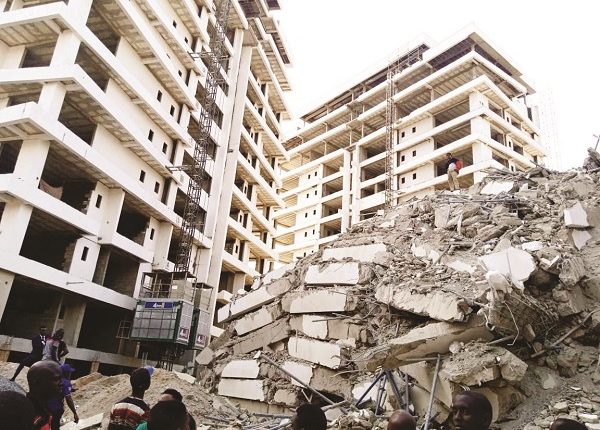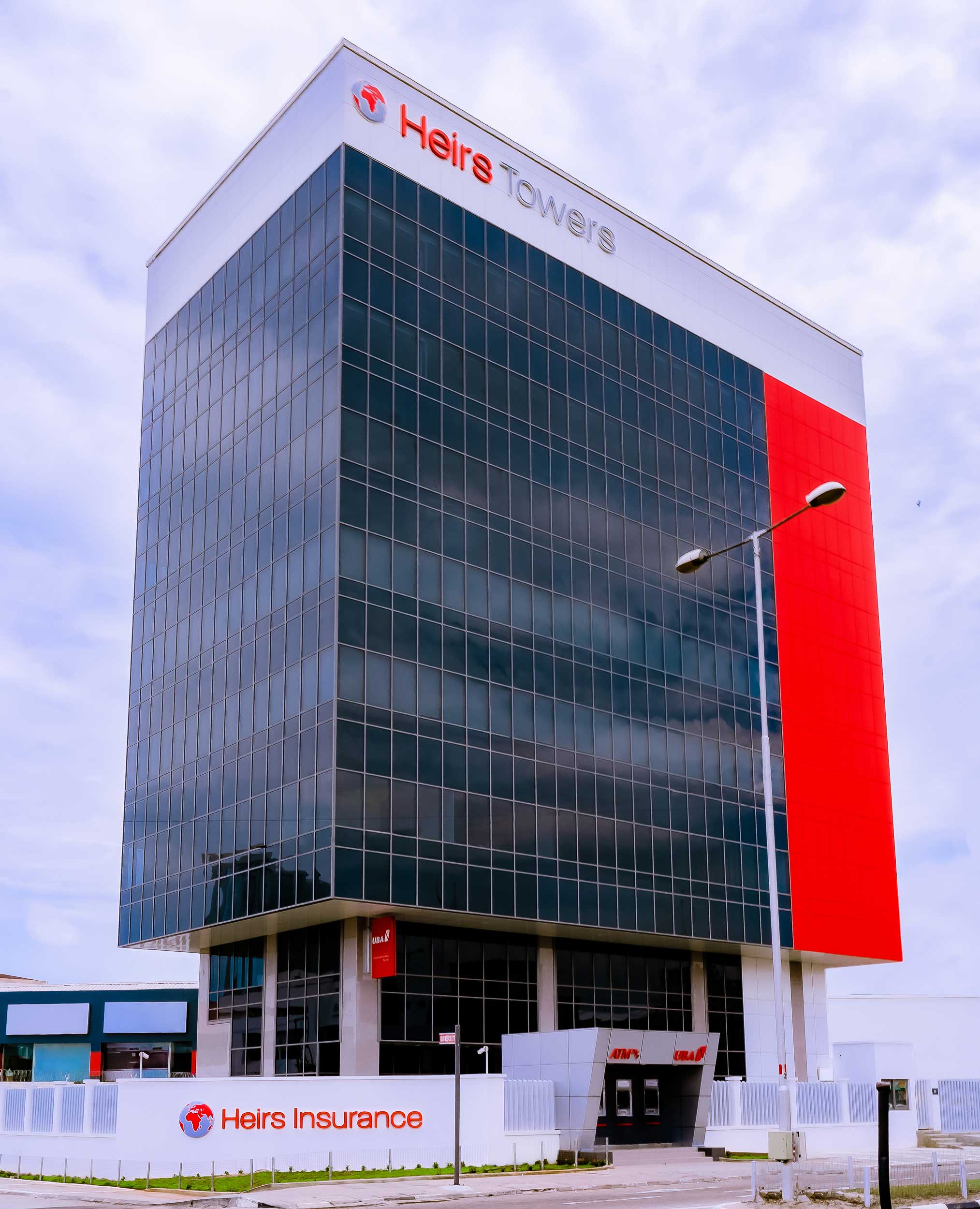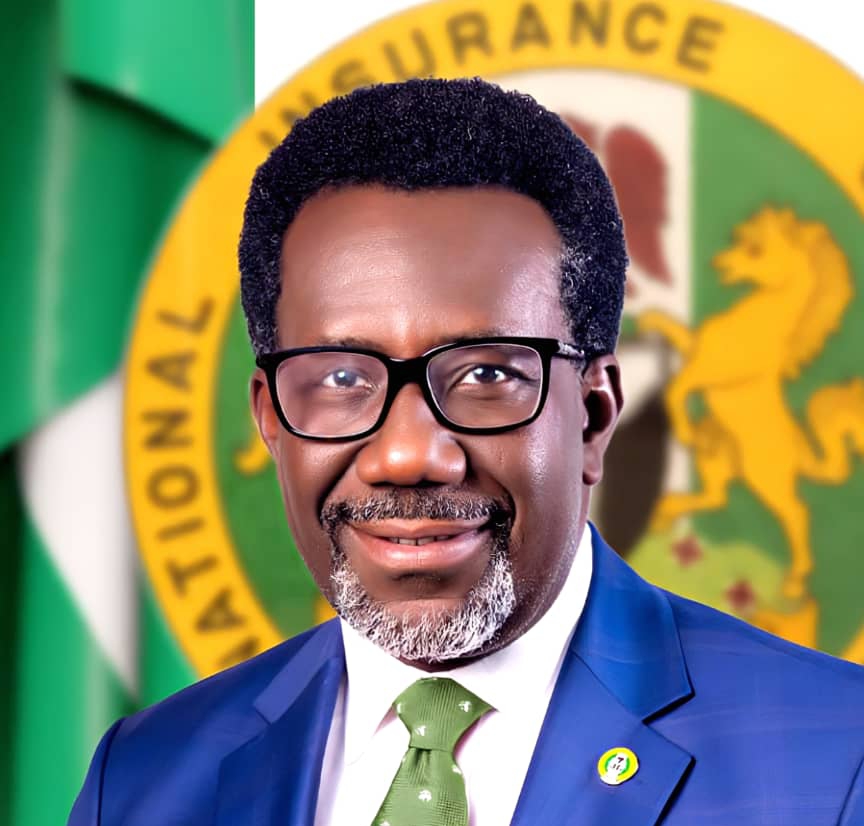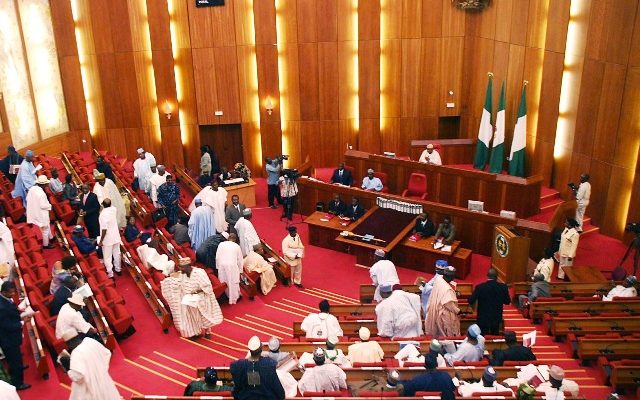The collapsed building on Gerrad Road Ikoyi
Ten days ago, a high-rise block of luxury flats under construction within the Lagos metropolis collapsed. The reported death toll is forty-four (44), and several other victims with injuries are currently being treated. The survivors are unclear of the funding source for their cost of treatment and recuperation. In addition, Investors who have made a 65% down payment may have lost their money. Yesterday, media reports stated that many of the survivors are requesting that the Lagos state government step in to help foot their medical bills, which has raised questions about the project’s insurance. According to the Nigerian Insurers Association, a circular was shared with members to confirm if they had the project covered, with no positive feedback yet.
The collapsed building was part of three towers being built by private developer Fourscore Homes, and the cheapest unit was reported to have sold for US$1.2 million. Suppose the project was not insured, then the project handler, Fourscore Limited, must have ignored the provisions of sections 64 and 65 of the Insurance Act 2003, which states that existing public buildings and those under construction with more than two floors must be insured against construction risks caused by negligence. Also, knowing that utmost good faith in disclosing material information towards any insurable risk is a condition, a breach of which could vitiate the insurance contract. Even if there was an insurance contract in place, the very act of not sticking to the approved plan of the building, as widely alleged, has made the contract unenforceable.
Building collapses have been relatively frequent in Nigeria, where regulations are poorly enforced and construction materials often substandard. In recent years, especially since the market development initiative took center stage in 2011, there have been consistent efforts at enforcing compulsory insurance contracts. The National Insurance Commission (NAICOM) has continually tried to enforce compulsory insurance compliance in Nigeria. Nonetheless, the recent developments suggest a slowdown in the pursuance of the course. For vehicle insurance, often, rather than patronize a legitimate insurance business, motorists patronize illegitimate vendors.
Over the years, complaints of delay in claims payment have created distrust for the general insurance proposition in Nigeria. NAICOM has, however, been coming up with policies to ensure seamless insurance delivery. Recall that in 2019, NAICOM instituted measures to ensure that players in the industry make prompt claims and benefits settlement as part of its quest to restore the eroding public trust for the business of Insurance in Nigeria. The recent recapitalization efforts seek to foster an improved insurance delivery in Nigeria. In our view, there are enormous untapped opportunities in the insurance industry, and a combination of favourable policies from NAICOM and efficient delivery by players is required to tap into these opportunities.
Source CSL Research













